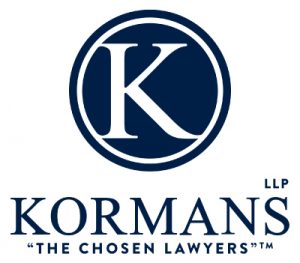Buying a Corporation: Share Purchase or Asset Purchase?
By Kormans LLPAre you are looking to purchase a business? Commonly referred to as a merger or acquisition (M&A), the process can be complicated. There are two ways that you can complete this type of transaction:
- Purchase of all the shares of the corporation; or
- Purchase of all the assets of the corporation.
There are advantages and disadvantages to both types of purchases. Please consult with your accountant for details on the tax treatment of the types of transactions listed below:
The purchase of all the shares means that you can buy Corporation “A” (the target corporation) by purchasing all the voting shares to acquire a controlling interest.
Advantages:
- Existing contracts that Corporation “A” holds can be continued without needing to amend, re-negotiate or assume them (subject to change of control clauses in said contracts);
- Buyer avoids paying costly asset transfer taxes;
- You obtain the use of the brand and goodwill developed by Corporation “A”;
- For the seller, they are taxed on the shares that they sell (this can have tax advantages for the seller);
- Seller walks away from the liabilities of Corporation “A”.
Disadvantages:
- Corporation “A”’s existing liabilities become your issues (e.g. undisclosed debts, pending litigation, etc).
The purchase of all the assets means that there are specific items bought from Corporation “A”. This could include: property (real, intellectual, and chattel), Accounts receivable, equipment, inventory, contracts, and their book of customers to name a few. You can pick and choose what items you want to buy.
Advantages:
- The existing liabilities of Corporation “A” do not transfer and you purchase the assets free of encumbrances; and
- You have certainty as to which assets are being purchased (so there are no surprises later on).
Disadvantages:
- Existing contracts that Corporation “A” holds will need to be assigned and possibly renegotiated;
- Lengthier process as formalities of purchasing assets involve additional documentation.
- If real property is being conveyed you will have to pay land transfer tax, and any other applicable taxes which can be a significant sum.
There are other advantages and disadvantages that could potentially exist as each transaction is unique in its own way. We strive to help our clients navigate the intricacies of these types of transactions. Regardless of the method chosen, the lawyers at Kormans LLP can help. Contact us today to get started.
Join our newsletter and don’t miss out on a blog post!



